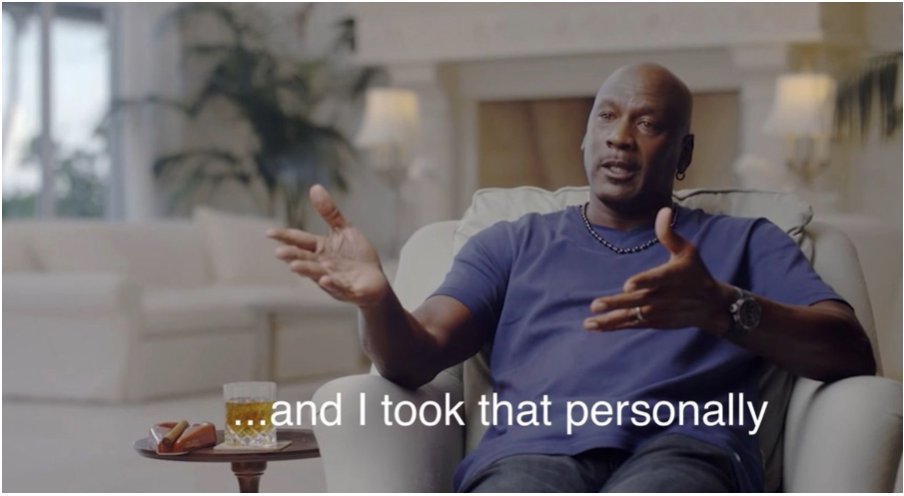
I'm still trying to process how Carlson wrote about wanting to PUNCH A 69-YEAR-OLD MINISTER IN THE FACE because the civil rights leader had the audacity to denounce white supremacy while touring a memorial to the slave trade.
https://twitter.com/donmoyn/status/1415308091499941893
And that wasn't some off-the-cuff comment or some gotcha in a hostile account.
He wrote about wanting to punch an elderly minister himself! In his own book!
"Yes," he thought to himself, "that makes me sound cool and not remotely like a racist sociopath."
He wrote about wanting to punch an elderly minister himself! In his own book!
"Yes," he thought to himself, "that makes me sound cool and not remotely like a racist sociopath."
Sorry, the punching-the-minister fantasy was in a piece he wrote for Esquire, while the lies about his first grade teacher were in the book he wrote.
Hard to keep track of all the lies. I can see why Fox News' legal team argued this in court.
npr.org/2020/09/29/917…
Hard to keep track of all the lies. I can see why Fox News' legal team argued this in court.
npr.org/2020/09/29/917…
• • •
Missing some Tweet in this thread? You can try to
force a refresh















